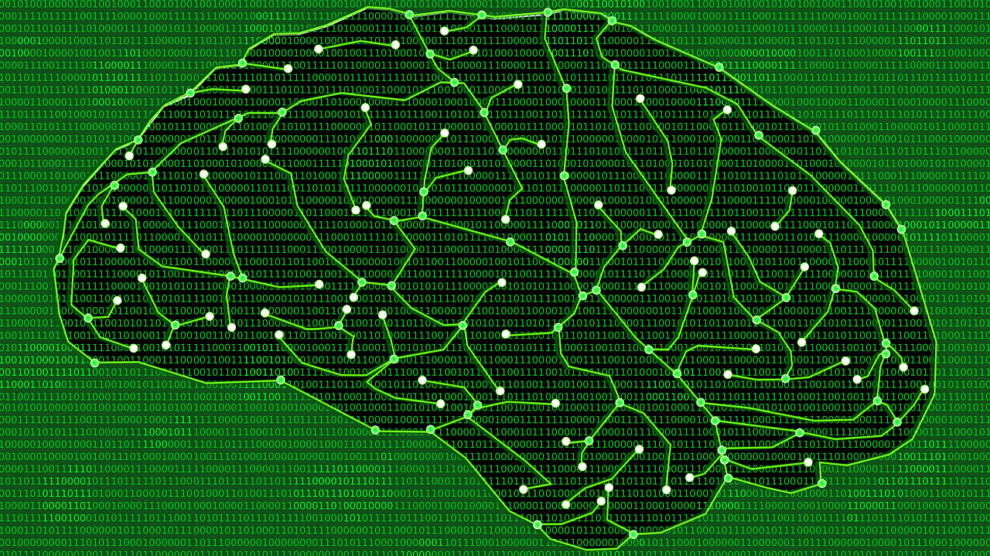If you are active on social media or buy products from eCommerce sites, then you might have noticed that when you search for, or buy, products you start seeing ads for the same product or website.
Let’s clear something up right away: you’re not the only one, everybody receives these ads.
You might also have noticed that when you order a product you begin to see ads for other products related to the one you ordered. For example, you ordered shampoo and now you are seeing ads for hair oil or body wash.
How does this happen? Does someone sit and keep a watch on what page you are visiting and then customize the ads for you? Not exactly.
With the arrival of artificial intelligence, machine learning and big data play a big role in many industries. Some of those industries are healthcare, finance, automotive, government agencies, transportation, and retail. Companies use machine learning to help consumers make the right buying decisions.
But first, let’s see how machine learning works and what it is.
What is machine learning?
Machine learning is when you create a program that helps a computer to understand data. You then feed the data to the computer and it analyzes, sorts and understands the data on its own. The thing about machine learning is that it keeps learning as new data is added.
There are several algorithms which are used in machine learning. All of them are listed below:
- A supervised machine learning algorithm
- An unsupervised machine learning algorithm
- A semi-supervised machine learning algorithm
- Reinforcement machine learning algorithm
Using these algorithms, we can analyze large amounts of data in an easier, quicker and a much better way than humans can. Many people are voicing their fears that artificial intelligence will steal their jobs. That’s far from reality. In fact, quick data processing helps us make better decisions; making our work easier and more accurate.
Machine learning helps us identify probable risks and find unidentified opportunities. These opportunities can help increase profits. It definitely requires extra time to train machines properly, but that ensures the learning process becomes smoother and more accurate.
Now that you are familiar with the topic, let’s take a look at some major breakthroughs in the eCommerce industry.
1. Search engine optimization
According to a report from 2018, 4 in 5 customers use a search engine when shopping online. As the number of products in the eCommerce sector goes up, search results must be accurate and helpful for users.
Machine learning can help users with search query predictions, sorting search suggestions as per history, and putting extra focus on image and voice search. With this data-driven process, we can determine what users are looking for.
2. Optimized results
Using machine learning on ecommerce sites, search results can be sorted in a variety of ways, including product category, relevance, price or featured. The relevancy of the products could be decided by using information from the user’s search engine, search history, order history, and profile information. Results that utilize a user’s data to procure optimized results have better chances of converting into sales than randomly generated results.
3. Inventory management
Machine learning can help eCommerce stores with the inventory management of all the products listed on their websites. This is a very useful feature of ML in eCommerce because the greater the number of products listed, the more difficult it becomes to keep stock.
By understanding sales reports and looking at inventory, ML can determine if a product needs replenishment or if it is well-stocked.
4. Trend analysis
It would be weird buying Christmas lights in May, wouldn’t it? ML in eCommerce studies customer behavior and predicts the wave of sales of products. Hence, it can analyze behavior and tends to understand which products will sell more during a particular time.
5. Better marketing strategy
With predictions and trend analysis, it becomes easy to understand which products are being sold and when. Using ML in eCommerce can help you understand the mindset of your consumers better. If you tried to analyze all the data manually, it would not be as effective.
Data and analysis play an important role in marketing strategies, resulting in a growth in sales.
6. Dynamic pricing
Have you noticed if you add a product to your cart and don’t place the order, then the price of the product drops after some days? (If you didn’t know this before, now you know how to get an extra discount!) This isn’t done manually but through machine learning. By keeping track of all products, the algorithm keeps changing product prices for users, determining and suggesting the best price for all products. While displaying discounts, an optimal price, and providing offers to customers, the ML algorithm also takes care of warehouse inventory. This is done specifically to maximize sales and keep track of inventory.
The Final Word
Machine learning in eCommerce helps companies get the most from their online store. eCommerce company owners can make better decisions, maximize their sales, market their company efficiently and also understand the demands of their customers. Since machine learning algorithms keep on learning to improve accuracy, there will be many more ways in which ML will benefit the eCommerce industry.





